When Kendra Rommel wanted to grow her network, she didn’t have a university alumni group to tap into. Instead, she looked to her CrossFit gym, just one of many unconventional approaches she’s relied on to move her career forward.
Rommel’s approach to building her career and her company has been outside-the-box since she started mortgage lending at 17 years old. Going her own way has paid dividends, first as a successful salesperson and now as principal and co-founder of Futures Financial.
From Tanning Salons to Mortgages
Rommel says she was humbled early on in life, learning from disappointment that “we each have a purpose and we should be living a purpose-driven life.” She grew up in Orange County and loved playing sports. But she “had sports taken from me” during her sophomore year of high school—she was ill and spent a lot of time in the hospital. Even when she returned to school, her doctors wouldn’t allow her back on the basketball court. At the time, they thought she had leukemia; later in life, she discovered she had been battling an autoimmune disease.
“That kind of catapulted into finding the best ways to stay healthy and navigating the health care system,” Rommel said.
Although she couldn’t play the sport she loved, she filled her extra time by working.
“I had all your standard 15-year-old jobs, you know, like a tanning salon, a bathing suit shop. I was in sales. I sold bathing suits at the end of Main Street in Huntington Beach, making at the time $5.25 an hour. Now my son thinks $15 an hour is a rip-off,” she said ruefully.
She moved on from the bathing suit shop to Nordstrom, where she was successful again in sales. Her skills in that area caught the attention of a friend.
“My buddy decided I should be in mortgage,” she said. “I didn’t know anything about mortgage. I didn’t know how to spell the word, much less how to sell it.”
Still, she made the leap, jumping into homeowner-occupied lending in the mid-’90s.
“I would be selling loans at like 12% to 15% to the homeowners, so private money now selling at 12% seems like a walk in the park,” Rommel said.
Fast forward about a decade. Rommel married in 2005 and started a family soon after, welcoming a son in 2006 and a daughter in 2008. She was juggling work and motherhood when the subprime mortgage crisis hit, leaving her uncertain about a path forward. She decided to start her own processing center, packaging up loans for banks. In that role, she developed relationships with loan officers all over the country.
As Rommel describes it, although “the market was all wonky” in the wake of the housing bubble’s collapse, it led her to new opportunities. Using her experience with nonperforming loans, she pivoted, joining an asset management company. After six and a half years there, she got into the private lending space at Civic Financial Services.
At Civic, Rommel said she was able to flex her entrepreneurial muscles, creating “a business within a business.” She was given leeway to brand her team and cater to the needs she saw in the marketplace. Rommel even created a business plan for how she wanted to market and operate her team, which she said her boss supported. Building the Rommel Team helped launch her onto a path of new ideas that eventually led to her founding Futures Financial.
Life-Changing Conversations
It was at Civic that Rommel realized the potential for learning from her fellow Cross Fitters.
“I used to do the 5 a.m. class every day, and I would talk to my gym owner about running this small business and how most successful people came to 5 and 6:15 a.m. classes,” she said.
Rommel liked being around other smart businesspeople and had been investing in mentorship groups for professional development.
 “I don’t know even what I was looking for, necessarily, other than to surround myself with like-minded people who could identify opportunity—help with a road map, what it would be to get to the next step, the next step, the next step, from people who have succeeded and failed,” Rommel said. “I was around the right people, and it seemed like I would get a lot of information that I could apply to my life, but I never really got what I wanted and needed.”
“I don’t know even what I was looking for, necessarily, other than to surround myself with like-minded people who could identify opportunity—help with a road map, what it would be to get to the next step, the next step, the next step, from people who have succeeded and failed,” Rommel said. “I was around the right people, and it seemed like I would get a lot of information that I could apply to my life, but I never really got what I wanted and needed.”
One morning during the chat with her gym owner, inspiration struck.
“I said, ‘Can I interview you?’” she said.
From that conversation, The Rommel Report podcast was born.
The idea for an interview was twofold. Selfishly, Rommel said, she just wanted to pick the brains of these driven business owners. But she didn’t want to turn people’s personal time into networking time.
“I ultimately talked to my gym owner and was like, ‘Hey, we have a network here of highly successful people. I’d like to talk to them, but I don’t want to make this space a business space because we all went there to work out,’” she explained.
The podcast became an extension of Rommel’s personal brand. One of the interviews was set up by her marketing team instead of by Rommel herself. It was with David Bianchi, an actor, producer, and screenwriter who was slated to talk about cryptocurrency and NFTs. Leading up to the interview—even on her way there—Rommel said she was tempted to cancel because she didn’t know anything about the topic.
“It sounded so boring,” she said. “I didn’t know how to create conversation around this.”
At the behest of her team, she kept the appointment. As it turned out, the conversation was life changing.
“So, I end up showing up to his house in L.A. I’m sitting there and I find myself thinking of 5,000 different things I should be doing other than sitting in this guy’s house—until he starts talking,” Rommel said. “I said, ‘Break it down for me; talk to me about NFTs in very layman’s terms.’ And he starts explaining it. All of a sudden, this lightbulb goes on about how I can change the private lending space based on the things he’s telling me. It had nothing really to do with crypto. It had everything to do with the technology behind crypto and NFTs. And I left there feeling encouraged and inspired and on fire to launch my own company beyond what it was at Civic.”
On her way home, Rommel called her friend David Rosenberg, a colleague from the asset management company and talked to him about her vision.
“He had to listen to me for an hour and a half, or however long I was on the 405, about how I was going to disrupt the private lending space and how I could impact people in this new vehicle beyond what we are doing now,” she said.
It was more than a pipe dream. Rommel picked the name, Futures Financial, and dreamt of what the brand and company would represent. She decided to launch in the second quarter of 2022. Once she began setting it into motion, she reached out again to Rosenberg to give him an update and jokingly asked him to come work with her.
“He was running a boutique firm out of Beverly Hills doing private money. He is successful in his own right and had a very, very great partnership. So, I didn’t even think twice that he would leave his partnership,” she said. “But I said, ‘Why don’t you come to Futures?’ Well, two weeks go by, and he goes, ‘OK.’ I said, ‘OK what?’ He goes, ‘I’m coming to Futures.’”
Once she recovered from the shock, they began having serious conversations about the partnership. Rommel described their skills as complementary: “He was more capital markets focused in his own business, and I was more sales development operations focused—front-end focus is what I call it.”
They launched the company in April 2022.
Investing in People
Rommel’s goal is to “disrupt the industry the way we know it.” Futures Financial offers business-purpose loans for real estate investors using a full balance sheet model. There are no institutional investors and only a small portion of paper is sold.
While she, of course, wants to grow the bottom line, Rommel is also passionate about investing in her team. Futures’ four employees own a portion of the company so they can invest in their own future, she said.
“Just like everyone we service every single day, they’re building wealth on real estate,” Rommel said.
Everyone is cross-trained so they can continue to grow in the company without hitting a ceiling, she added.
“I think for me, the goal is to continue to have the discernment to bring on the right team members internally so that Futures’ branding integrity remains intact, our culture remains intact, and our vision remains intact,” she said. “The growth will happen if we have the right team.”
Part of that culture is providing personalized service to clients and creatively problem-solving to help them get a loan quickly and efficiently.
“We want to help people,” Rommel said. “Our business is a vehicle for exactly that—we want to see people succeed. We want to create successful transactions that help people succeed. We want to build a community internally where people can get to a place they want to in their life where they have financial freedom or maybe make investments they wouldn’t have otherwise made. That’s what we want to be part of. We don’t just want to be another lender in the space that says we dropped a billion dollars. No one cares, and those businesses go out of business.”
Building her dream company hasn’t been without challenges. Rommel reflected on the beginning as “a year of learning.” The economy was more favorable when Futures started in 2022 than it was in 2023. There are small and large hurdles she encounters every day as an entrepreneur. Those include sacrificing time with her children, now 17 and 15, and making changes to her family’s budget as the business gets through the startup period.
Even though she considers herself to have “literally the best possible partnership” with Rosenberg, Rommel acknowledged the journey has had ups and downs.
“Sacrifice for any entrepreneur is highly undertalked about,” she said. “Entrepreneurship is a lonely, lonely journey.”
Battle of the Sexes—For Equal Recognition
Early in her career, Kendra Rommel was labeled “the bulldog,” she said, probably relating to her approach.
“I think people think I’m really mean, but I’m not really mean. I’m just very direct,” she said.
It’s a touchpoint for her in considering how men and women are viewed in the workplace.
“I guess I’ll take it as a compliment, but it’s no different from anyone else going after what they want,” she said. “The soft-spoken girl or lady is maybe just as tenacious, but we just have different approaches. We all tend to follow kind of a groove of what’s been groomed into us. And even in our thinking, you know, it takes active awareness to break the cycle of some of that stuff.”
Likewise, she sees some sacrifices by male colleagues go unnoticed or unappreciated, such as traveling for work.
“A woman sacrifices and people are like, ‘Oh, how do you do it?’ But a man sacrifices too every day. It’s just accepted as a norm because they’re supposed to be … the breadwinner. So, anything they do from a professional sense is just accepted. That could include traveling all the time, being gone all the time. And I will tell you that the men still want to be at home. … And so that’s a massive sacrifice.”
Even in acknowledging the ways entrepreneurship has affected her family life, Rommel said her experience is not unique to mothers.
“It’s sacrifice, it’s challenge, it’s good days, bad days, it’s fear. There’s so much, but I think it’s felt by men and women. It’s just not maybe talked about by men and women.”

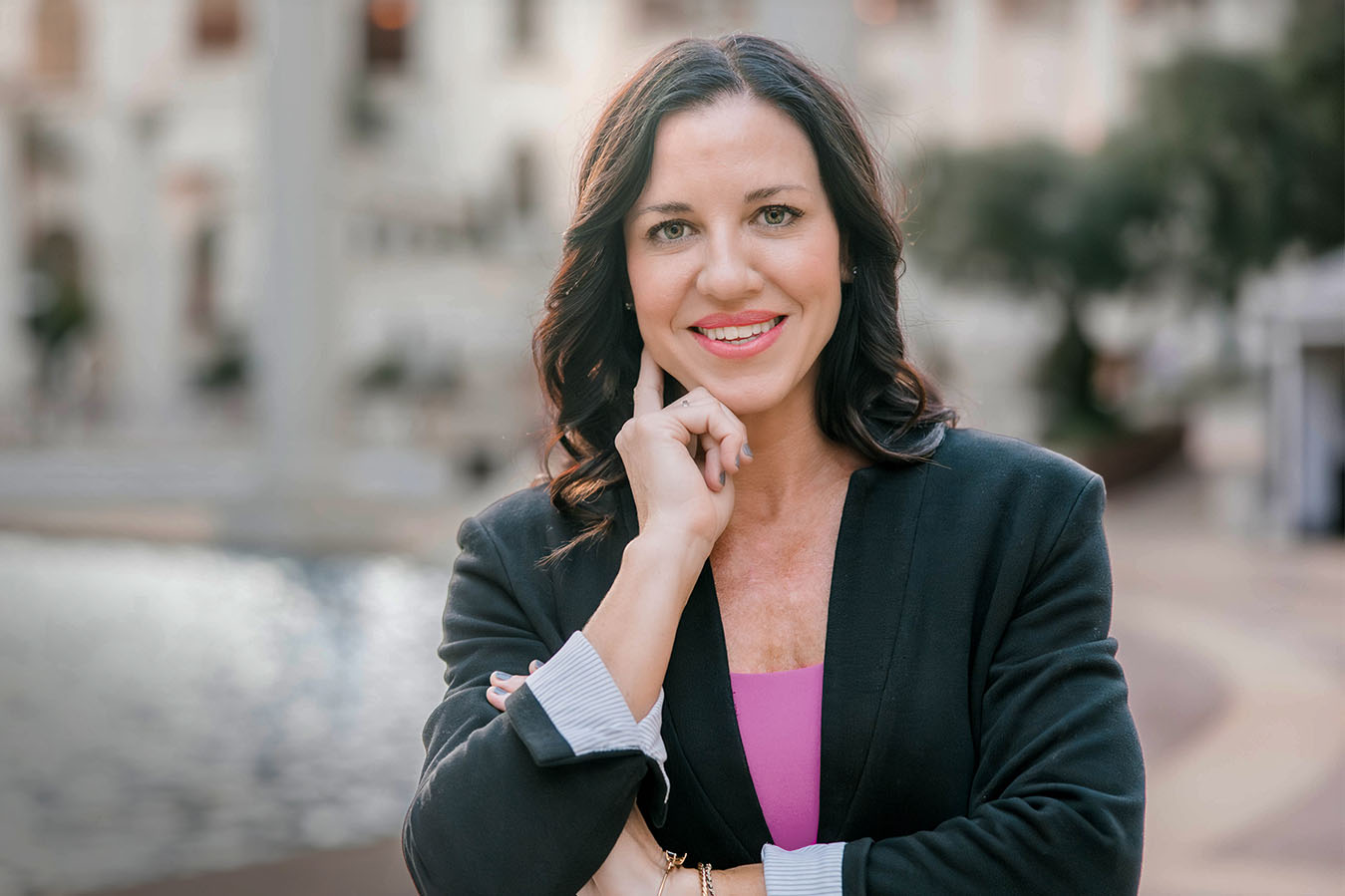
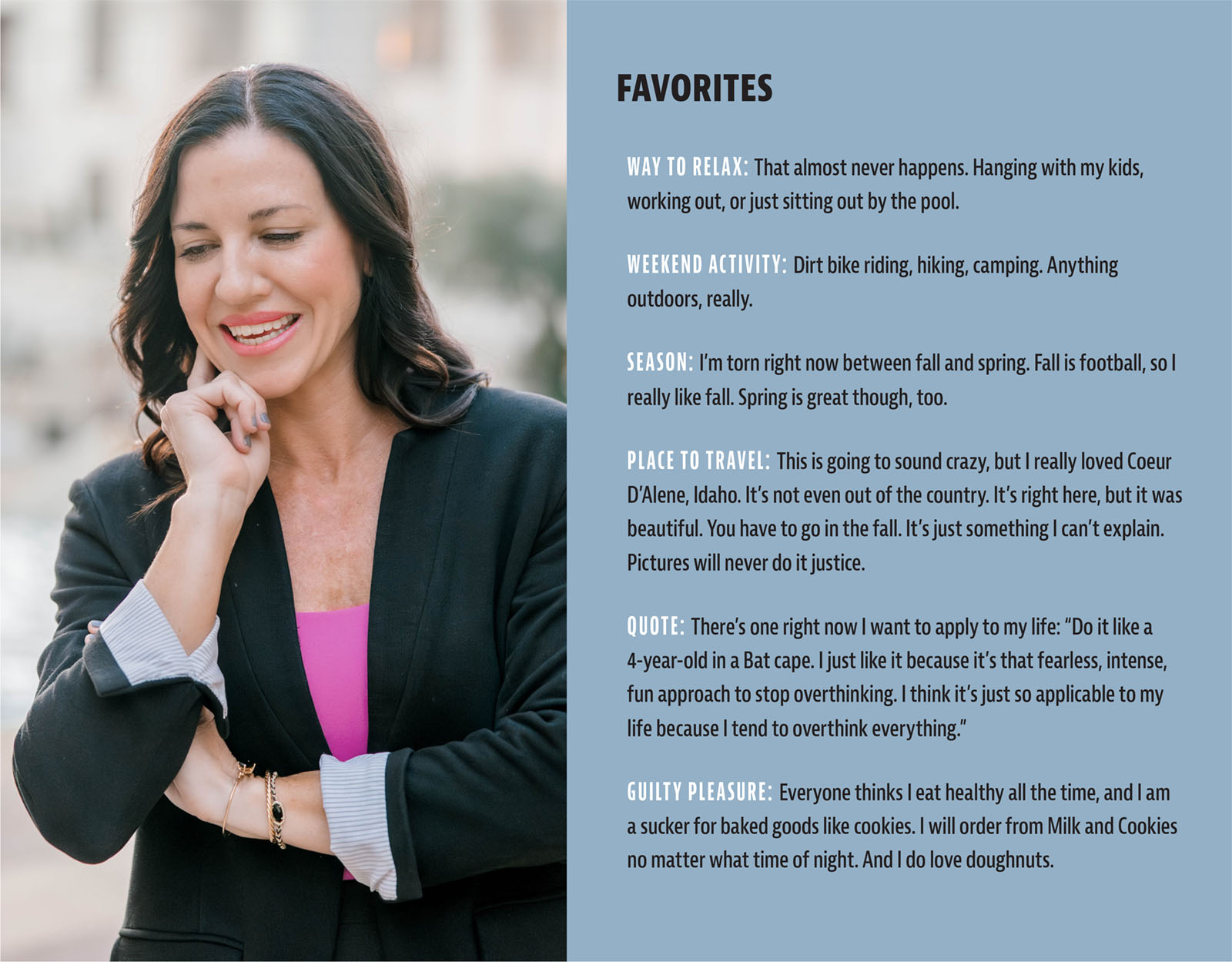
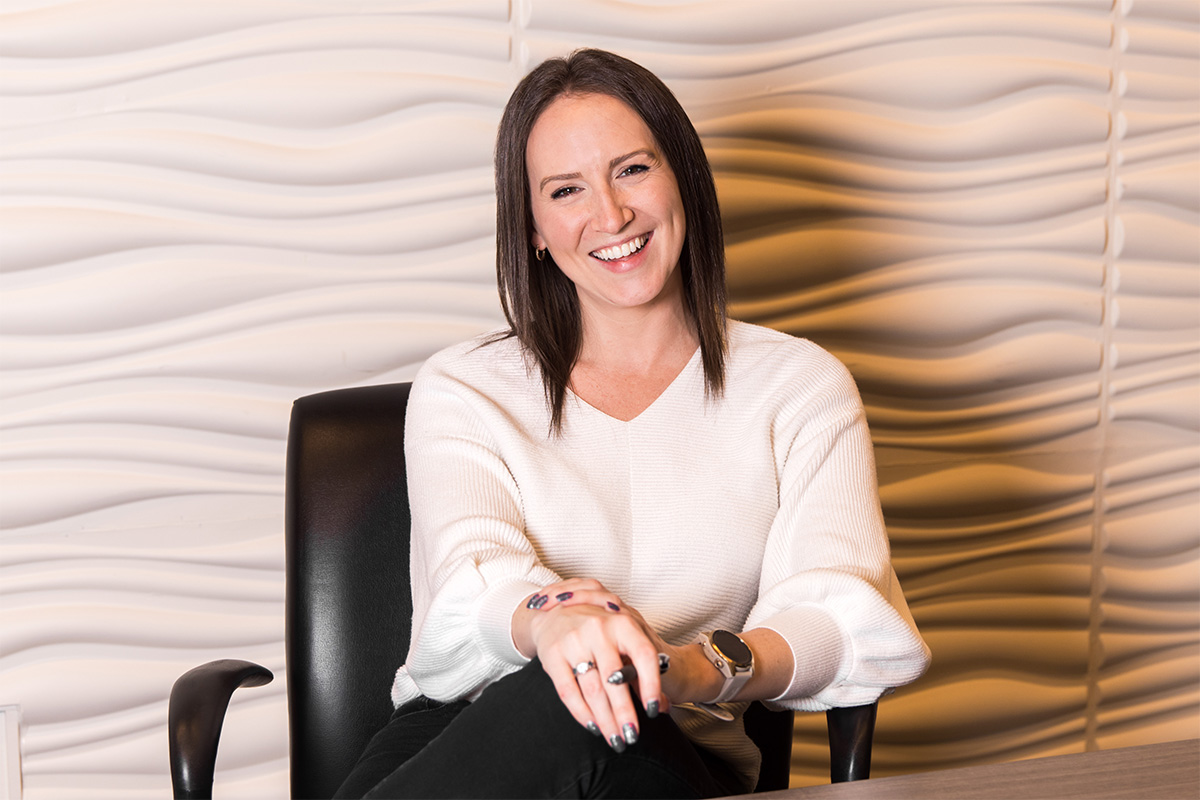
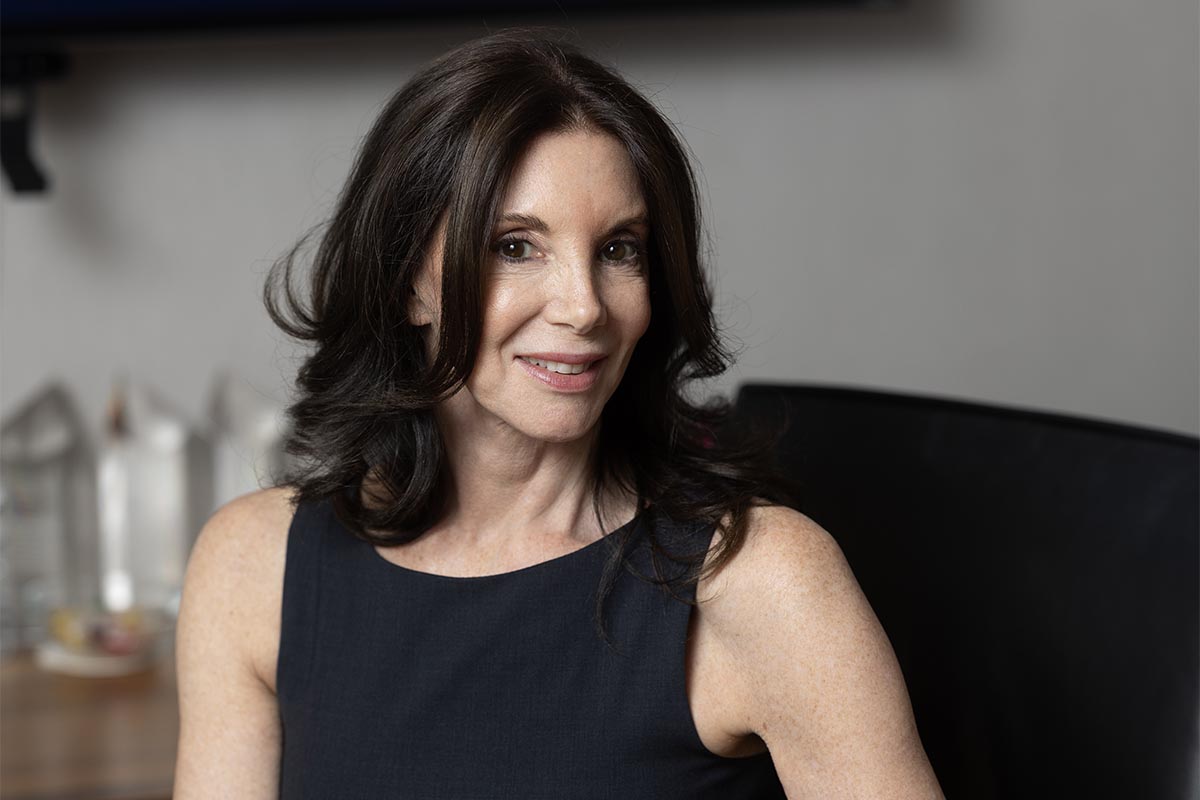
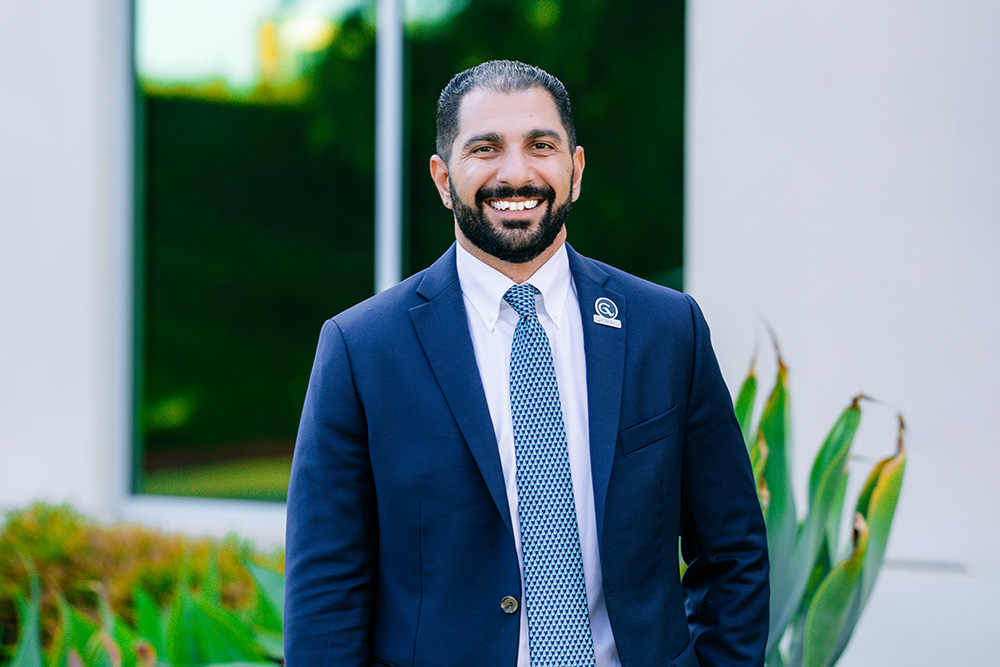
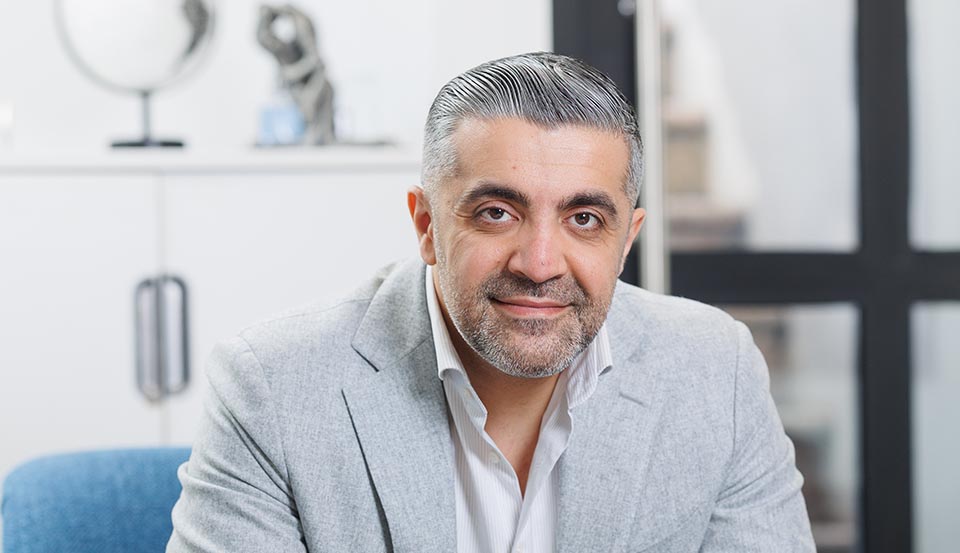
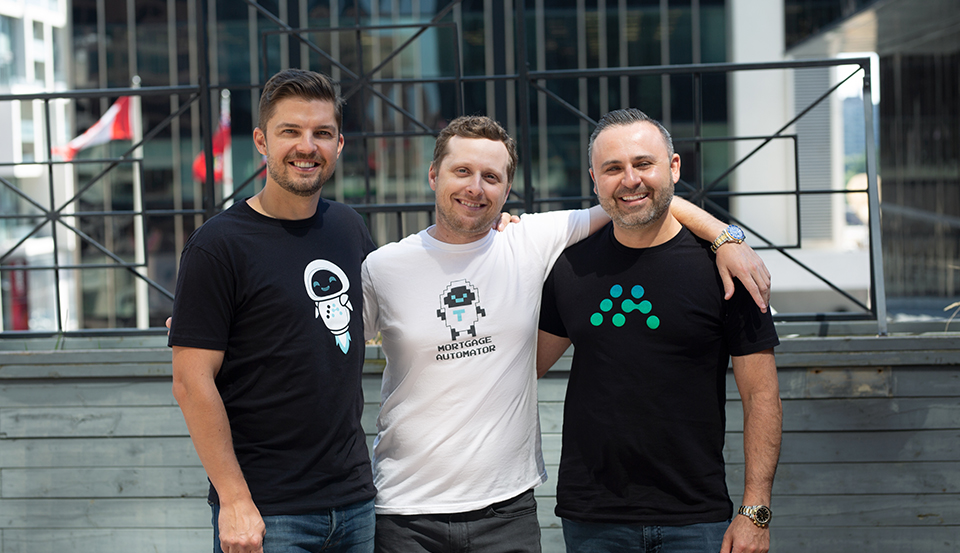



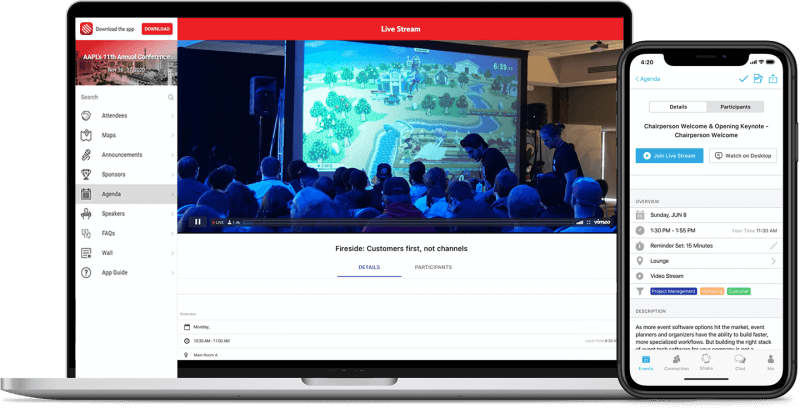

Leave A Comment